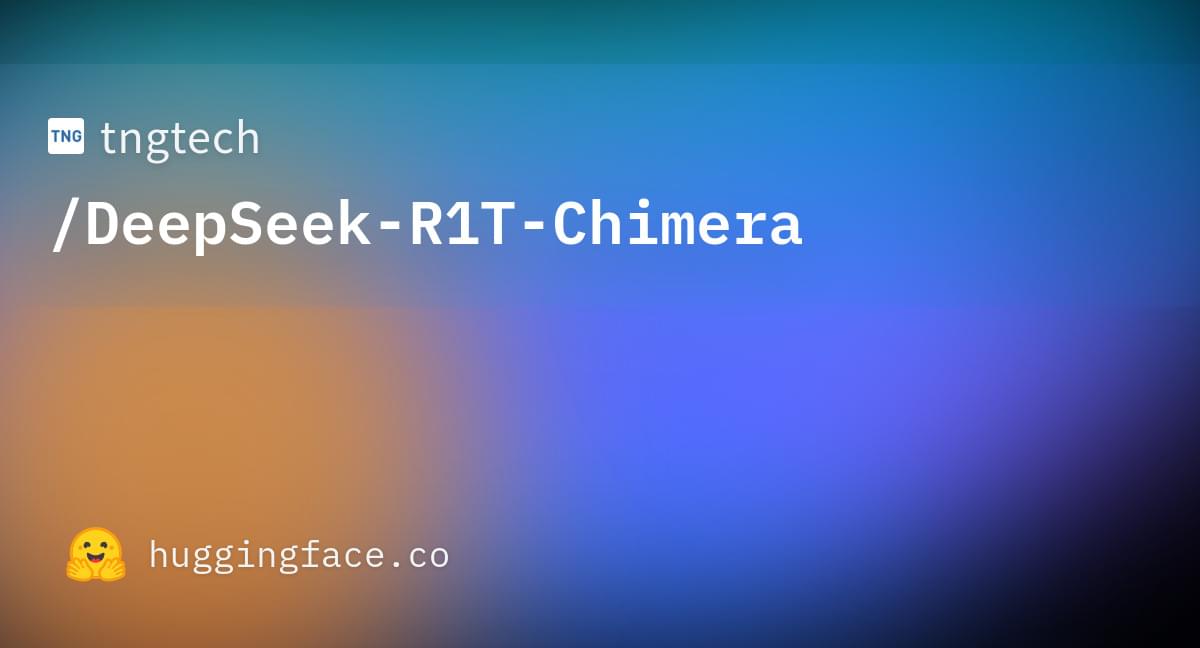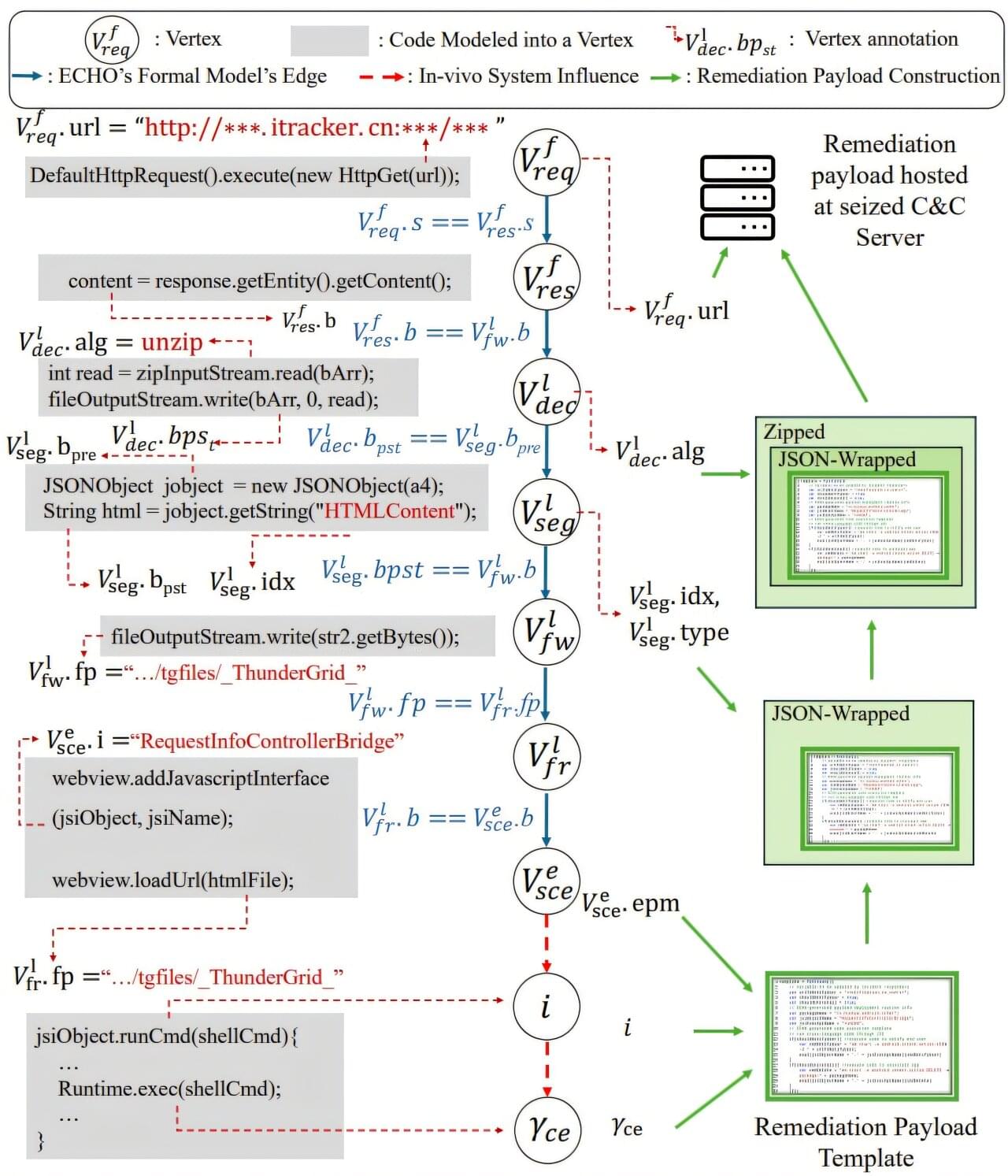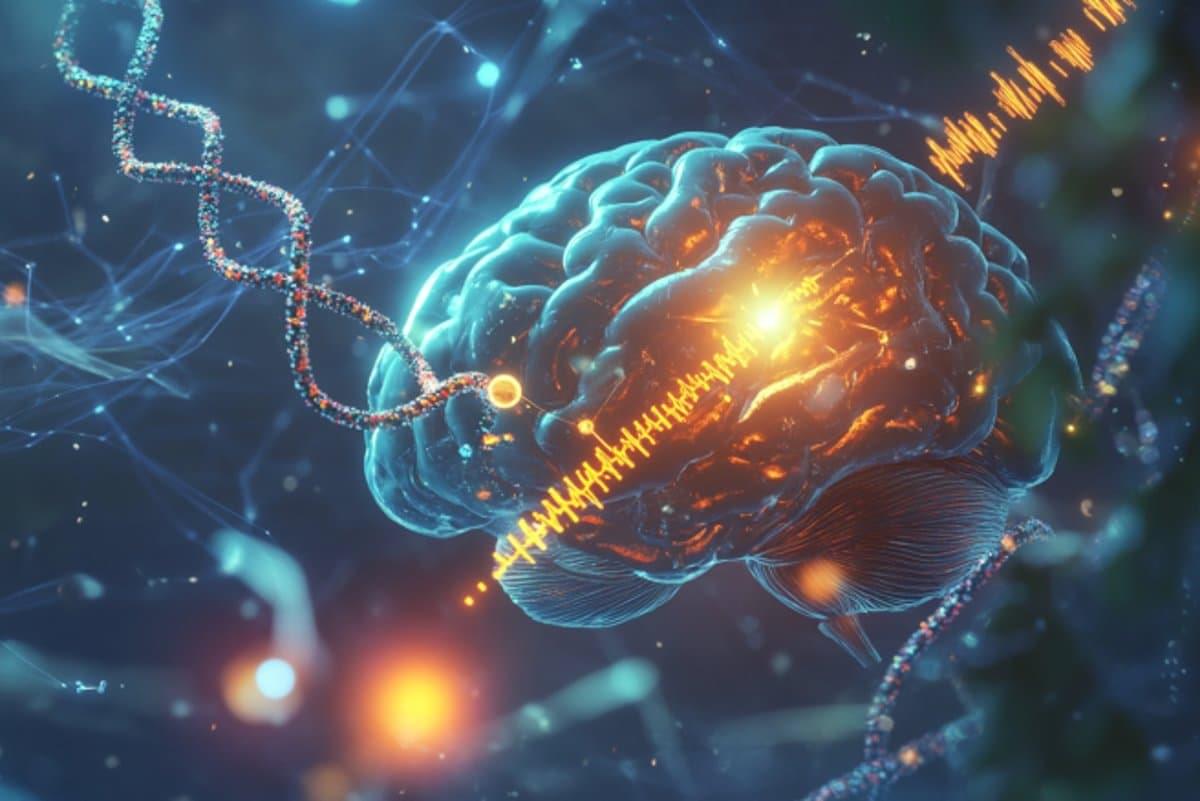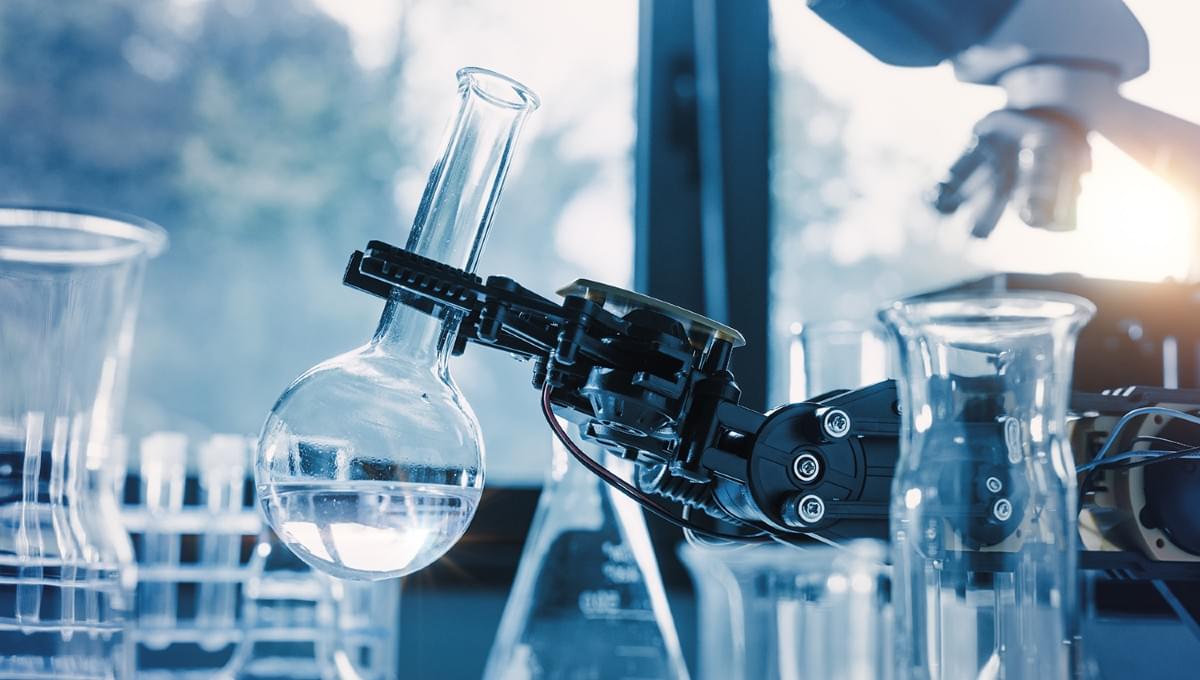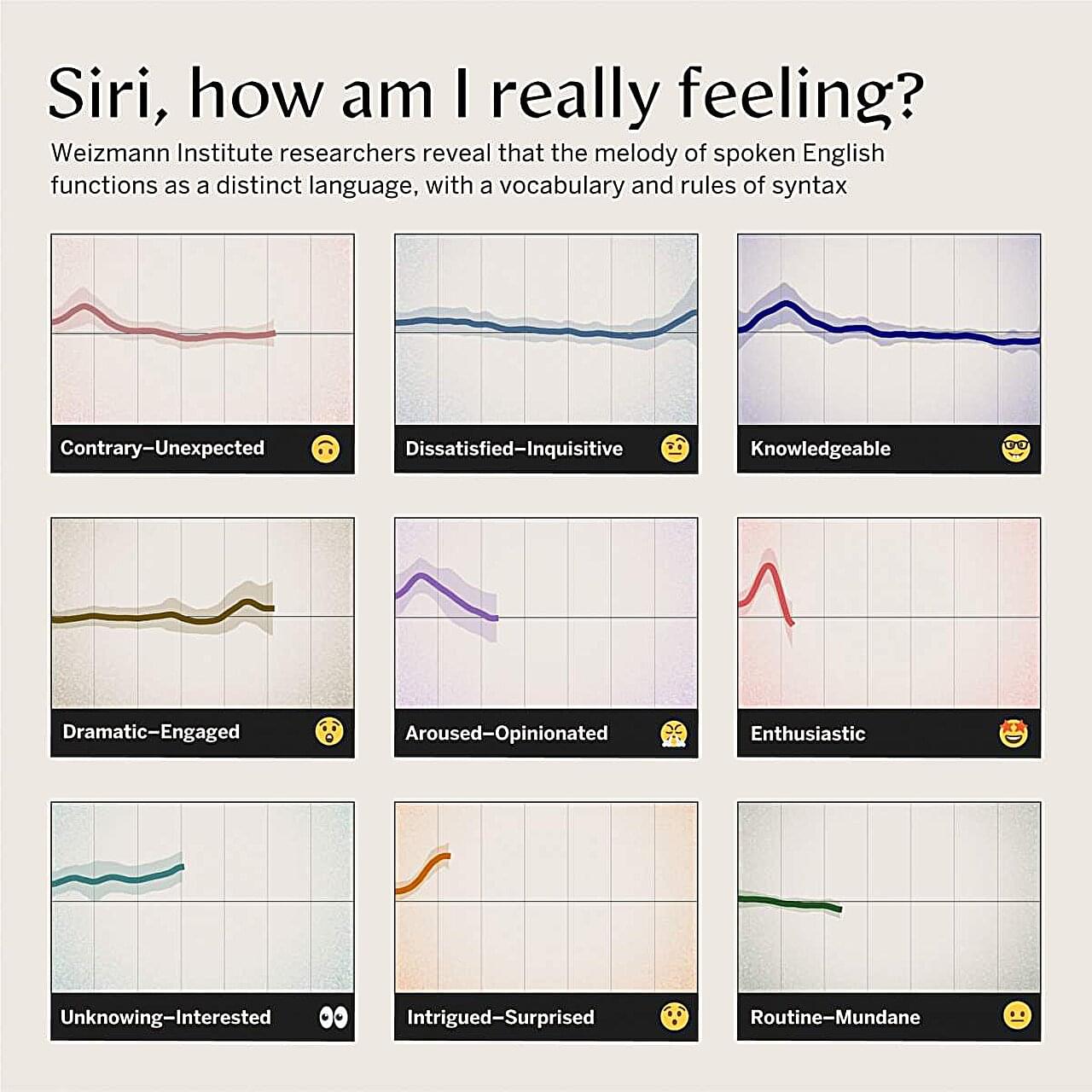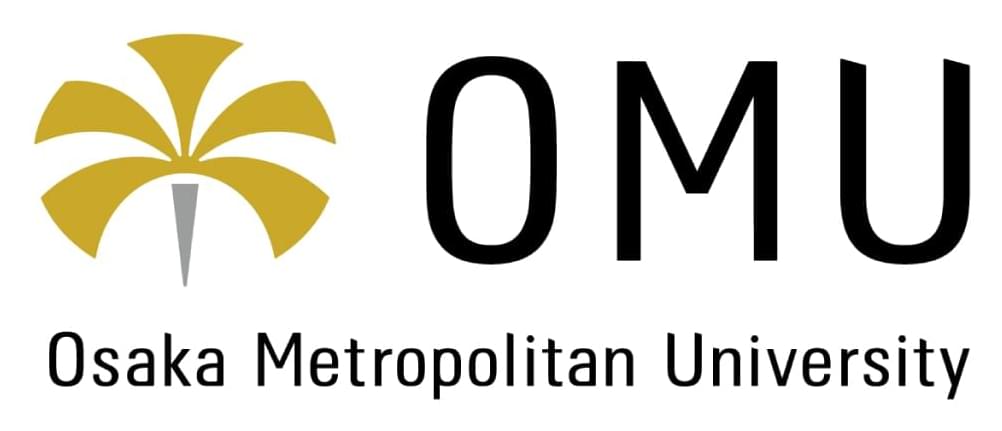A new AI robot called π-0.5 uses 100 decentralized brains, known as π-nodes, to control its body with lightning-fast reflexes and smart, local decision-making. Instead of relying on a central processor or internet connection, each part of the robot—like fingers, joints, and muscles—can sense, think, and act independently in real time. Powered by a powerful vision-language-action model and trained on massive, diverse data, this smart muscle system allows the robot to understand and complete real-world tasks in homes, even ones it has never seen before.
Join our free AI content course here 👉 https://www.skool.com/ai-content-acce… the best AI news without the noise 👉 https://airevolutionx.beehiiv.com/ 🔍 What’s Inside: • A groundbreaking AI robot called π‑0.5 powered by 100 decentralized “π-nodes” embedded across its body • Each node acts as a mini-brain, sensing, deciding, and adjusting without needing Wi-Fi or a central processor • A powerful vision-language-action model lets the robot understand messy homes and complete complex tasks without pre-mapping 🎥 What You’ll See: • How π‑0.5 combines local reflexes with high-level planning to react in real time • The unique training process using over 400 hours of diverse, real-world data from homes, mobile robots, and human coaching • Real-world tests where the robot cleans, organizes, and adapts to brand-new spaces with near-human fluency 📊 Why It Matters: This new system redefines robot intelligence by merging biological-inspired reflexes with advanced AI planning. It’s a major step toward robots that can handle unpredictable environments, learn on the fly, and function naturally in everyday life—without relying on cloud servers or rigid programming. DISCLAIMER: This video explores cutting-edge robotics, decentralized AI design, and real-world generalization, revealing how distributed intelligence could transform how machines move, sense, and think. #robot #robotics #ai.
Get the best AI news without the noise 👉 https://airevolutionx.beehiiv.com/
🔍 What’s Inside:
• A groundbreaking AI robot called π‑0.5 powered by 100 decentralized “π-nodes” embedded across its body.
• Each node acts as a mini-brain, sensing, deciding, and adjusting without needing Wi-Fi or a central processor.
• A powerful vision-language-action model lets the robot understand messy homes and complete complex tasks without pre-mapping.
🎥 What You’ll See:
• How π‑0.5 combines local reflexes with high-level planning to react in real time.
• The unique training process using over 400 hours of diverse, real-world data from homes, mobile robots, and human coaching.
• Real-world tests where the robot cleans, organizes, and adapts to brand-new spaces with near-human fluency.
📊 Why It Matters:
